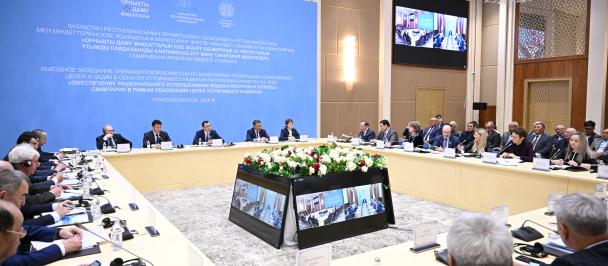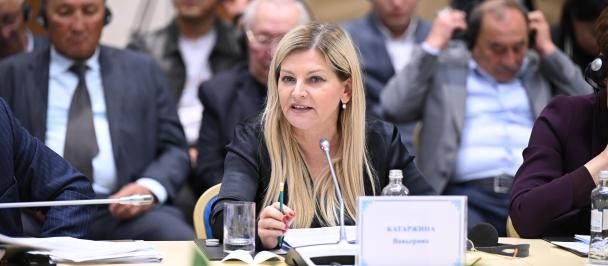Budget for sustainable development in Kazakhstan: current status and future perspectives
December 20, 2023

Image: UNDP Kazakhstan
Today in Astana, a seminar focused on the strategic planning of budgets to meet Sustainable Development Goals (SDGs) was conducted with the backing of the UNDP in Kazakhstan. This initiative is part of a larger UNDP regional project, funded by the European Union, aimed at establishing an SDG Platform for Central Asia. The seminar convened members of the Parliamentary Commission responsible for overseeing the implementation of the national sustainable development objectives and tasks, as well as experts, to deliberate on the importance of incorporating considerations like gender and environmental factors into budget allocations for sustainable development.
Katarzyna Wawiernia, the UNDP Resident Representative in Kazakhstan, in her opening address, stated,
"The country is steadily progressing towards achieving the SDGs. The establishment of the Parliamentary Commission has completed the institutional architecture of the SDGs and enhanced its effectiveness. The Government's commitment to the SDGs is now strengthened by the Parliament's systematic oversight. Embedding sustainable development principles in budgeting, legislative processes, and regional development can catalyze significant advancements for the nation, aligning us with 2030 goals."
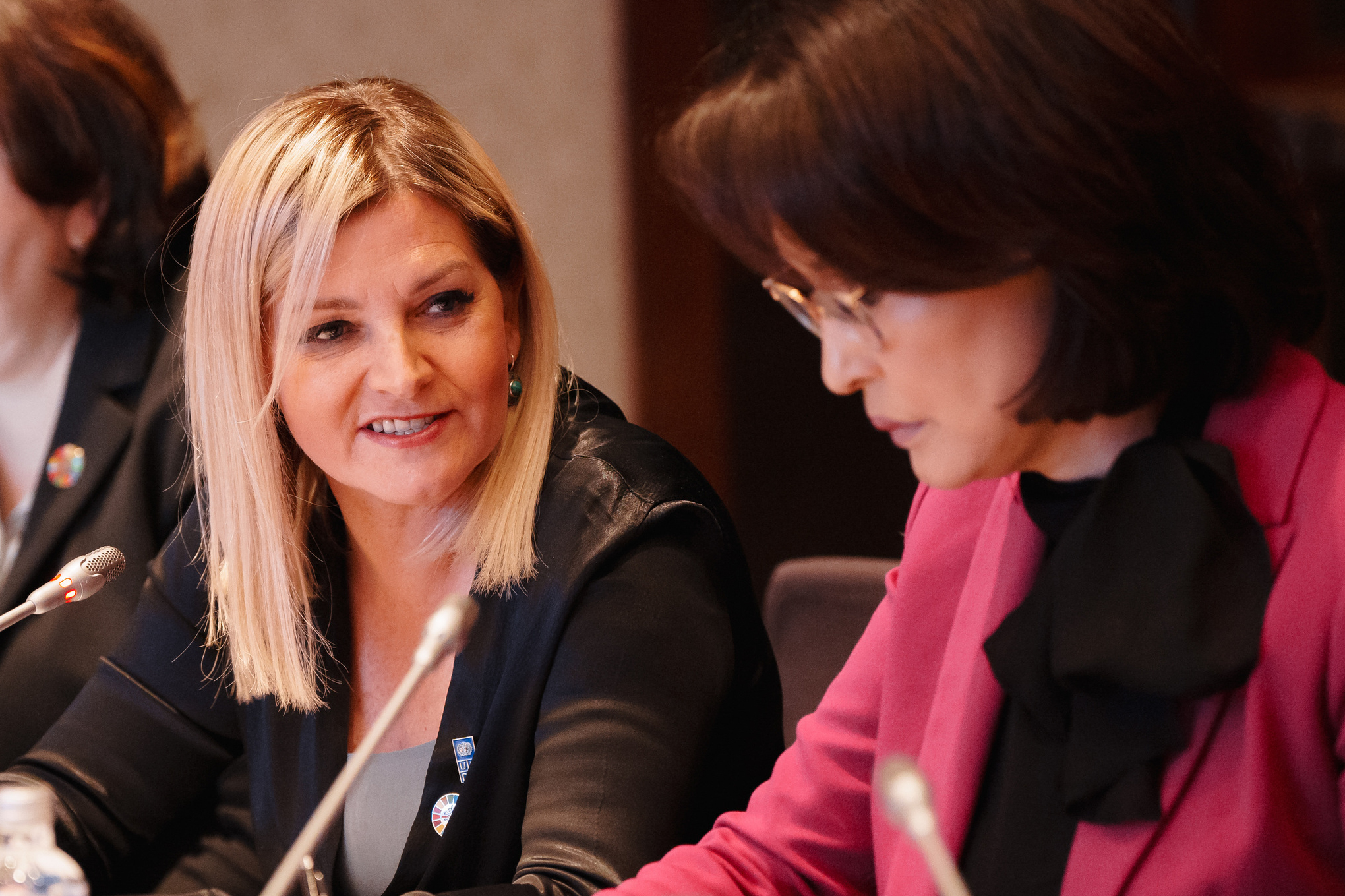
Photo: UNDP Kazakhstan
The session highlighted the need for transparency in fund distribution and combating corruption. Examples from the Brazilian Federal Senate, known for its efficient budgetary control and support for sustainable development, were discussed. Similarly, the European Parliament's specialized committees, which meticulously analyze budget items with a focus on ecological and social aspects, were noted for their role in facilitating balanced decision-making. These committees, given the SDGs' interdisciplinary nature, are essential in overseeing and monitoring budgets.
During the session, Noman Ishtiaq, the Senior Specialist at the UNDP Sustainable Financing Hub, emphasized that a major challenge in financing for SDGs is that public sector spending does not always contribute to achieving these goals. Financing might be either insufficient (with a global shortfall of $4 trillion) or inefficient. He also highlighted the role of inequity factors, such as income inequality and territorial disparities, as well as expenditures and investments not aligned with the SDGs, like fossil fuel subsidies, non-targeted subsidies, and investments detrimental to biodiversity.
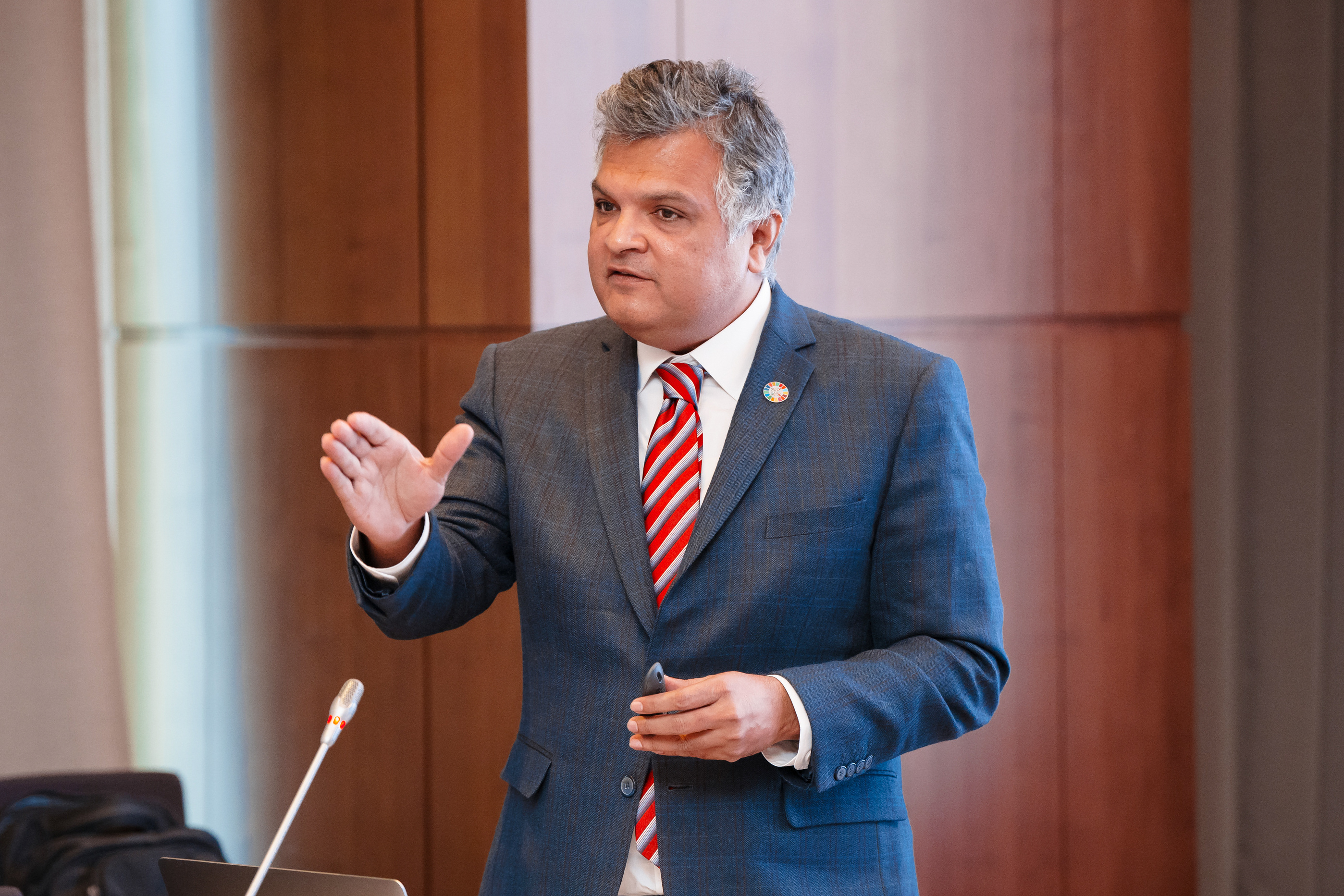
Photo: UNDP Kazakhstan
Noman Ishtiaq also introduced the UNDP's concept for SDG-focused budgeting and detailed five tools for strategic budgeting with SDG considerations and parliamentary oversight: national/sectoral plans, medium-term budget frameworks, integrated national financing frameworks, result-oriented budgeting, and expenditure reviews.
Onorica Banсiu, an international expert in the field of public policy and management, presented a report on the significance of incorporating gender aspects into the budgeting process, emphasizing the economic benefits of this approach. She shared experiences from countries where principles of gender equality are entrenched in the Constitution, noting that in nations like Austria, Mexico, Spain, Iceland, Korea, and the Netherlands, these principles are also an integral part of budget laws.
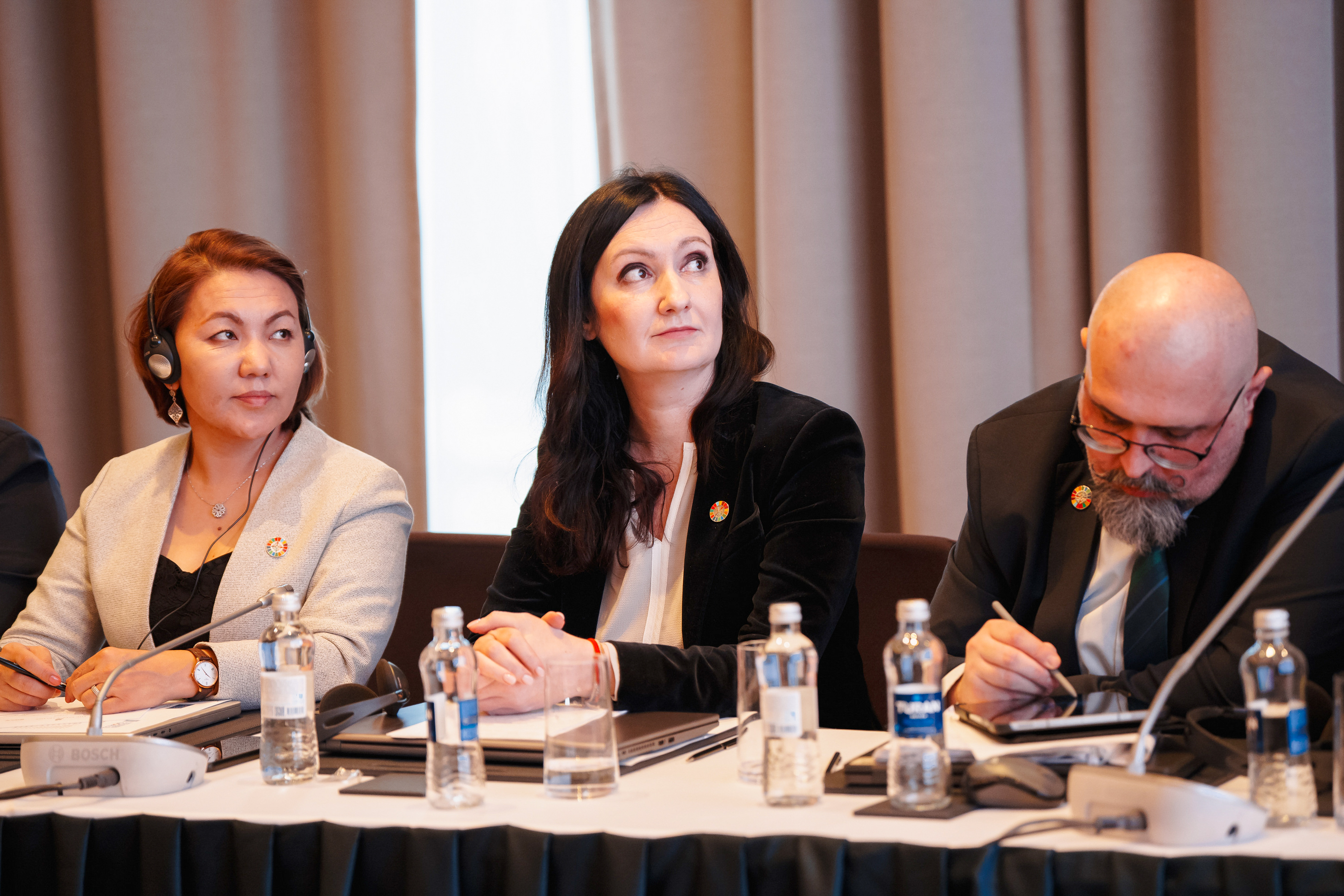
Photo: UNDP Kazakhstan
The session also featured one of the main outcomes of the UNDP's project to create an SDG Platform – the Central Asia Regional SDG Panel. This online tool assists in monitoring SDG progress in the region by analyzing policies, financing, and related trends. It allows for an in-depth examination of various SDG aspects, comparing data from different sources, identifying trends and information gaps, and assessing how measures contribute to achieving the SDGs in Central Asia.
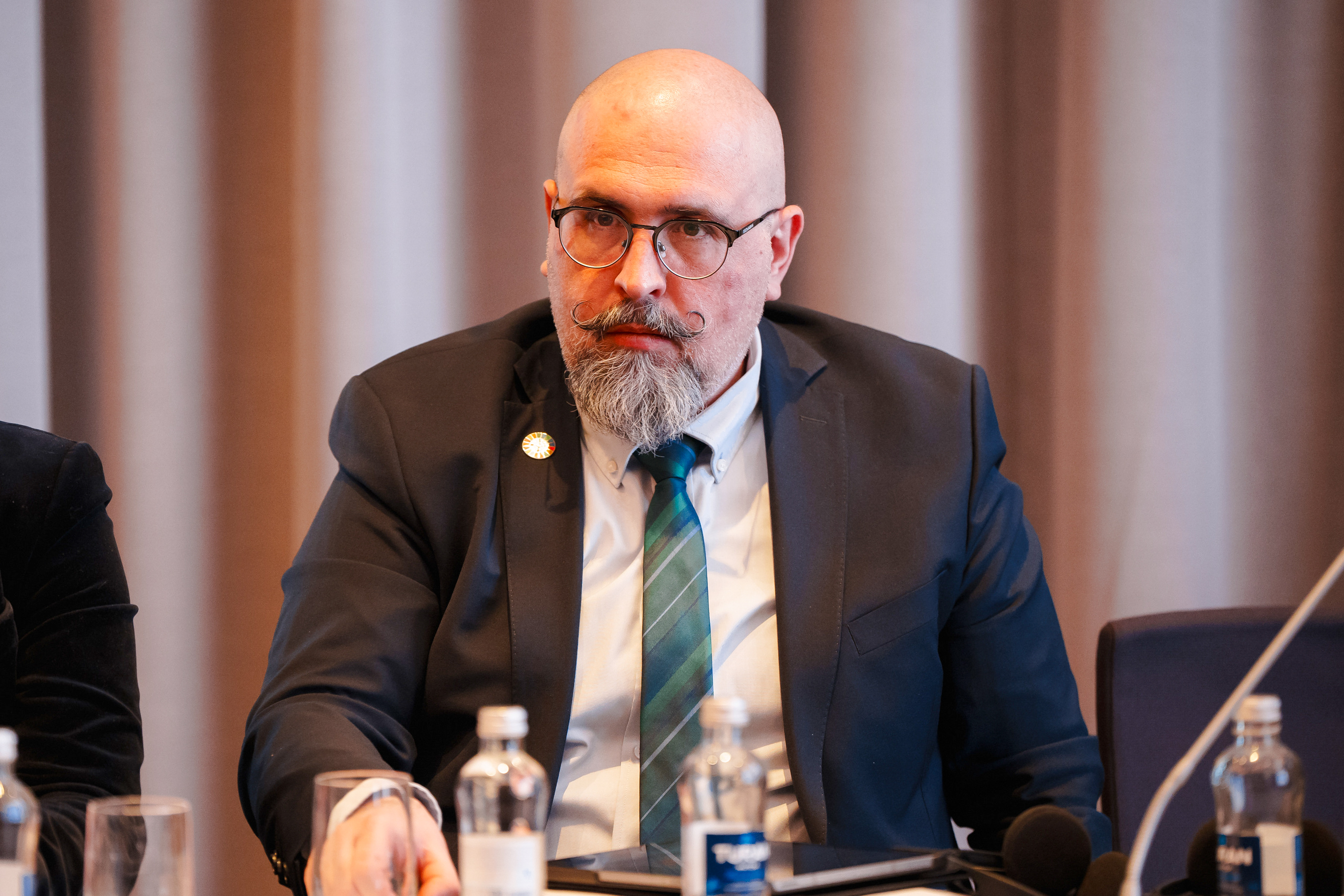
Photo: UNDP Kazakhstan
Participants noted that effective control is not only fundamental to quality governance but also plays a critical role in ensuring that national budgets make a significant contribution to international sustainable development efforts. This opens up opportunities to address crucial issues like poverty eradication, climate change mitigation, and reducing social inequality.

 Locations
Locations


